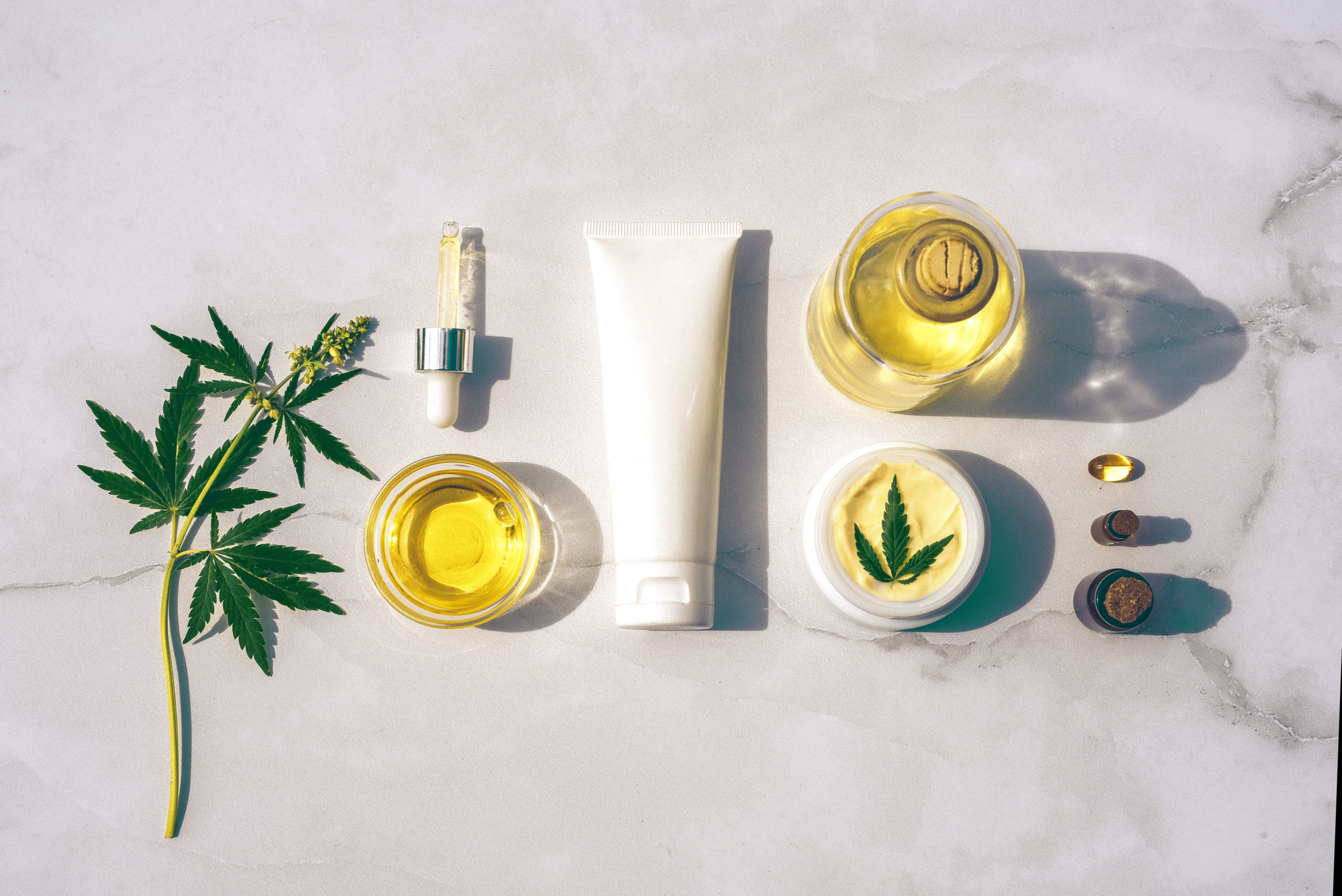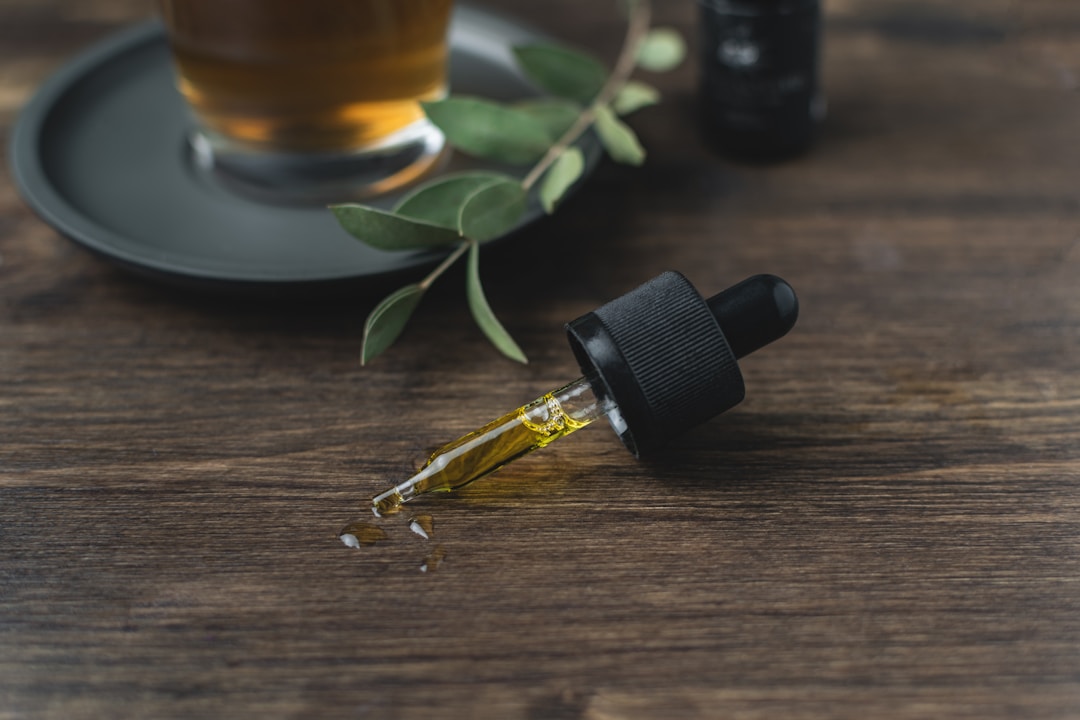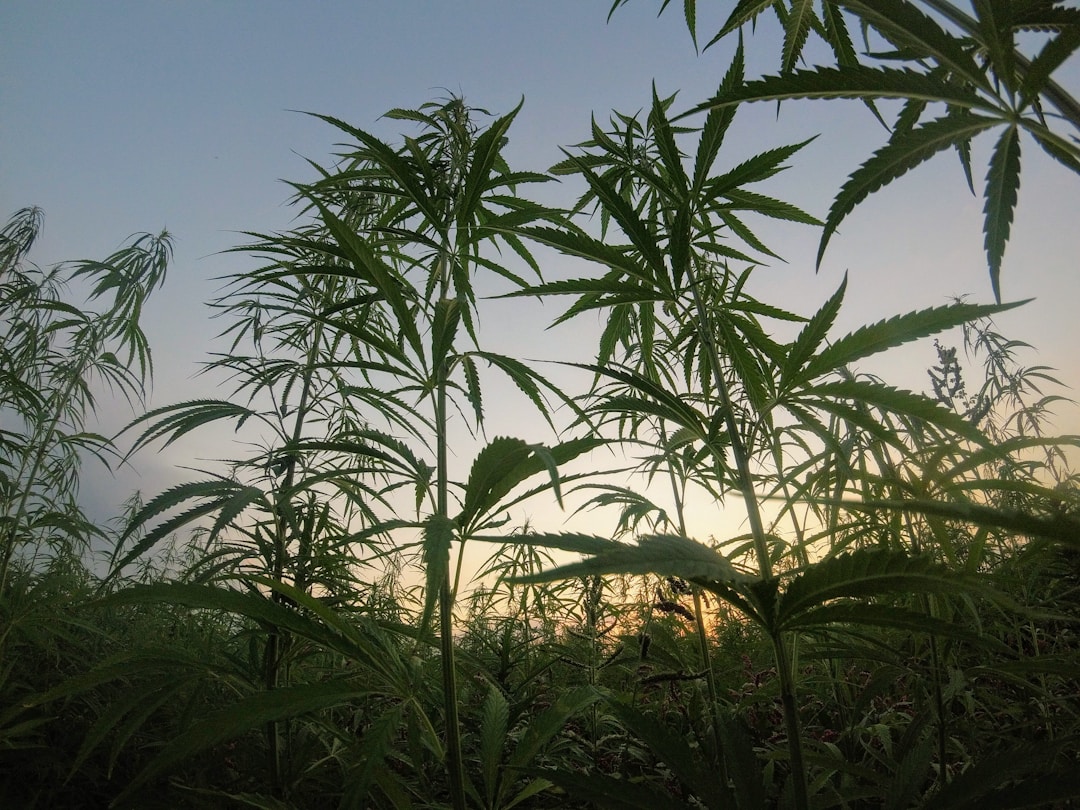
What Are the Different Types of CBD Oil?
Though CBD has only been legal for a few years in the United States, products infused with the cannabis compound have already become consumer favorites. Given that there are so many different options on the market, it can be difficult to understand what the differences are, especially if you’ve never purchased CBD products before. For example, CBD oil is one of the most commonly used products on the market, but there are a few different kinds available, and the nuances can be confusing. If you’re considering making a purchase in the near future, read on to learn all about the different types of CBD oil.
What are the different types of CBD oil?

The three main varieties of CBD oil are full-spectrum, broad-spectrum, and CBD isolate. Broad spectrum CBD oil is characterized by the fact that it contains multiple cannabis plant extracts but doesn’t contain THC. Full-spectrum CBD oil also contains a wide range of cannabinoids, terpenes, and flavonoids, in addition to trace amounts of THC. These trace amounts will never be above 0.3 percent, which keeps them compliant with state and federal law. CBD isolates are powders that are refined so that CBD is the only ingredient remaining.
Broad-spectrum CBD oil is often preferred by consumers who want products with a diverse array of cannabis plant extracts, as well as a truly THC-free experience. Some other cannabinoids that can be included in broad-spectrum products include cannabinol (CBN) and cannabigerol (CBG). More research is needed, but each of these cannabinoids is thought to produce different effects. CBN hasn’t been studied as thoroughly as CBD yet, but researchers believe it may have potential to relieve discomfort and promote restfulness.
If you’ve never used cannabis products like CBD before, consult your doctor before trying them for the first time. Your doctor can explain how CBD is likely to impact any health conditions you have or interact with medications you’re currently taking. Your doctor may even be able to provide advice on products and proper dosage.
What is CBD and where does it come from?

Before you purchase CBD products, it’s a good idea to learn more about CBD and where it comes from first. CBD is short for cannabidiol, which is one of the many cannabinoids found in the cannabis plant. Hemp and hemp plant derivatives like CBD were legalized on a federal level in the United States through the 2018 Farm Bill. Since then, the legal market has expanded significantly and is projected to continue that steady growth for the foreseeable future. CBD products are prohibited from containing more than 0.3 percent THC, so they won’t produce the signature high associated with the marijuana plant.
There are a number of clinical studies currently underway aimed at identifying potential medical applications for cannabidiol, though many are still in the early stages. The FDA did approve the first prescription drug containing cannabidiol as an active ingredient in 2018. Epidiolex was given approval to treat seizures associated with two rare forms of epilepsy, Dravet syndrome and Lennox-Gastaut syndrome. A new indication was approved in 2020, granting patients with tuberous sclerosis complex access to the drug.
As you can see, we still have a lot left to learn about CBD. The next few years will likely teach us a lot more about what health benefits CBD may have. If you’re interested in trying CBD oil for yourself, you should definitely take the time to learn about the different types that are available. Reading customer experiences and reviews from trusted cannabis websites can be a great way to educate yourself before you make your next purchase. When used responsibly, CBD oil can be a useful part of your regular wellness routine.




